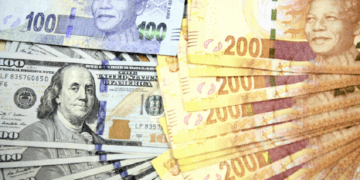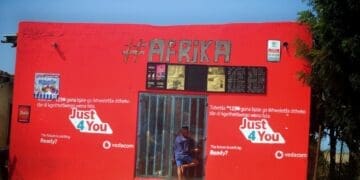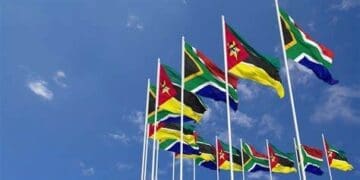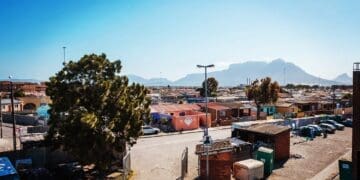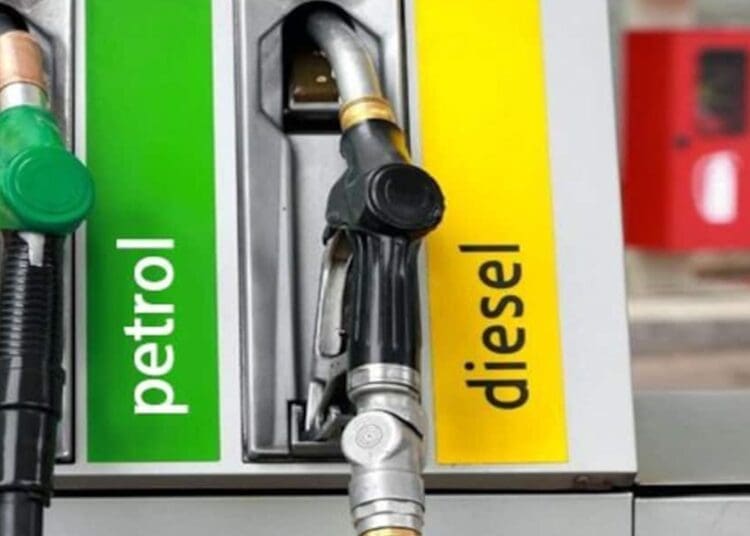Independent mobility businesses in South Africa are facing higher costs as fuel prices rise this December. The Central Energy Fund (CEF) projects Petrol 93 could increase by 14–19 c/l, Petrol 95 by 19 c/l, and diesel by R0.68–0.82/l in Gauteng and coastal areas.
These increases are driven by global crude oil prices, the rand/dollar exchange rate, and local levies, putting pressure on taxis, e-hailing drivers, minibuses, and small logistics operators during the busy festive season.
Monthly adjustments by the Department of Mineral Resources and Energy reflect these factors, alongside tariffs and levies.
Mmatshikhidi Rebecca Phala, national spokesperson for the South African National Taxi Council (SANTACO), said taxi operators are especially vulnerable to rising fuel costs.
“Fuel price increases immediately mean that part of the income from every trip gets affected because they now have to spend more on fuel,” Phala said.
Fare increases do not automatically follow every spike. The Taxi Fuel Index guides adjustments, usually once a year, considering vehicle repayments, driver salaries, maintenance, and tracking devices.
“Associations usually increase fares once a year, mostly around July or at the start of the year. They only increase a second time in rare cases if operators are struggling,” Phala added.
E-hailing drivers are also worried about the expected increase. Brian Maswanganye, an Uber driver from Mamelodi, said higher diesel prices would reduce his profits, especially in December when he relies on Uber promotions to boost his trips.
“December is usually my busiest month, but if diesel goes up, I’ll have to spend more on fuel, so I won’t earn as much,” he said.
Long-distance minibus operators face similar challenges. Lwazi Gumede, who runs staff taxis from Pretoria North to provinces such as KwaZulu-Natal and the Eastern Cape, said diesel is his biggest running cost.
“We transport students and other passengers home during the holidays. Long-distance trips require a lot of diesel, and every increase affects whether we can keep fares stable or make any real profit. December is going to be hectic,” Gumede said.
Taxi association operators also feel the squeeze. Sipho Maphanga, operating at Bloed Mall in Pretoria, said fare increases are limited by policy, but fuel hikes still pressure daily operations.
“We already operate on tight margins. When fuel goes up, we try not to raise fares too quickly because commuters are also struggling, but it still affects us,” Maphanga said.
Small logistics and courier businesses are feeling the pinch as well. Cynthia Ntimane, owner of a food delivery business in Matsulu (Mbombela), cooks meals and delivers them to customers in her area. Rising diesel costs make daily operations more challenging.
“Fuel is one of our biggest costs. With prices going up, I’m looking at ways to reduce trips, plan delivery routes better, consolidate multiple orders, and maybe negotiate cheaper fuel deals. I’m also considering a small surcharge on longer-distance deliveries so we can cover the increase without losing clients,” Ntimane explained.
With December’s fuel adjustment coming, operators are on alert. Many will have to absorb some costs, as fare increases are limited. The coming weeks will be crucial as businesses balance profits and seasonal demand.
olga@vutivibusiness.co.za








